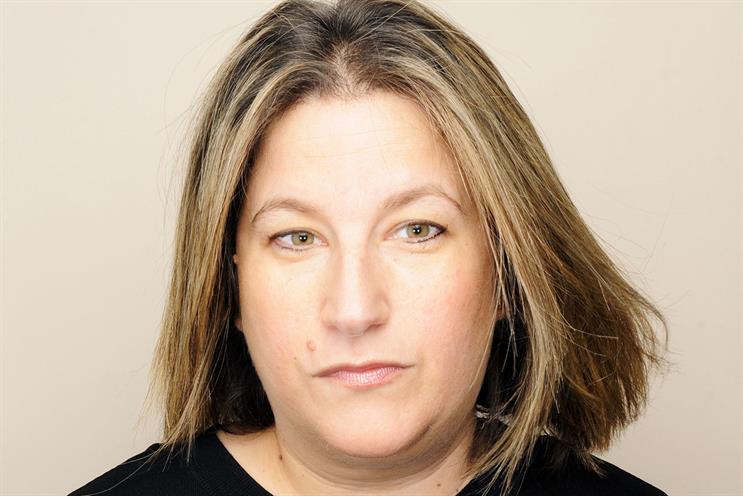Some childhood memories can be painful to recall, and a school "friend" calling me a "witch" is no different. Naturally, I would have been deeply insulted had I not appreciated that she was referring to my ability to know what people were thinking or feeling without them saying anything at all. Of course, it would have been kinder to say I was intuitive rather than blaming other-worldly wizardry, but once I found the compliment underneath, I took her point.
In a people industry such as advertising, it is a skill that has helped me immensely in my career. I’ve learnt that while I might pick up on an atmosphere or a feeling from someone, actually then attributing that to what I think is wrong can be dangerous and can lead to wrong interpretations. That is why I use my secret weapon: "the elephant in the room".
Those who work closely with me will know this phrase well, so much so that our chairman Matthew Heath, on his recent trip to Sri Lanka, bought me a beautiful painted elephant for my desk at work. Essentially, if I feel there is tension or someone isn’t saying something, but I sense that they aren’t happy or have a different opinion, you can rely on me to call it out. I’ll stop the meeting and acknowledge the elephant in the room, giving space for people to express themselves and dissipate any feelings of friction or unease. It is quite a direct tactic and I’m sure it takes a little getting used to, but I am firm believer that debate is healthy and expressing feedback good or bad will get you to a better place and align a group of people. Even if that feedback is about you.
It’s not only useful for moments where you can cut the atmosphere with a knife, it is also great for tackling head on what people don’t want to address. If you are thinking something, it is pretty certain others are thinking the same. Things will fester if they aren’t dealt with head on. I think tackling an issue – however small – early is really sensible business advice as, when small issues aren’t tackled, they tend to find a life of their own, fester and grow into great, big blistering challenges.
Calling out "the elephant in the room" is exactly that – calling out what people are thinking but not saying, feeling but not expressing. Calling it out forces the issues to the surface and then you know what you are managing.
So call me a witch, too direct or challenging, but I find it’s better out than in. After all, elephants hate being hidden.


